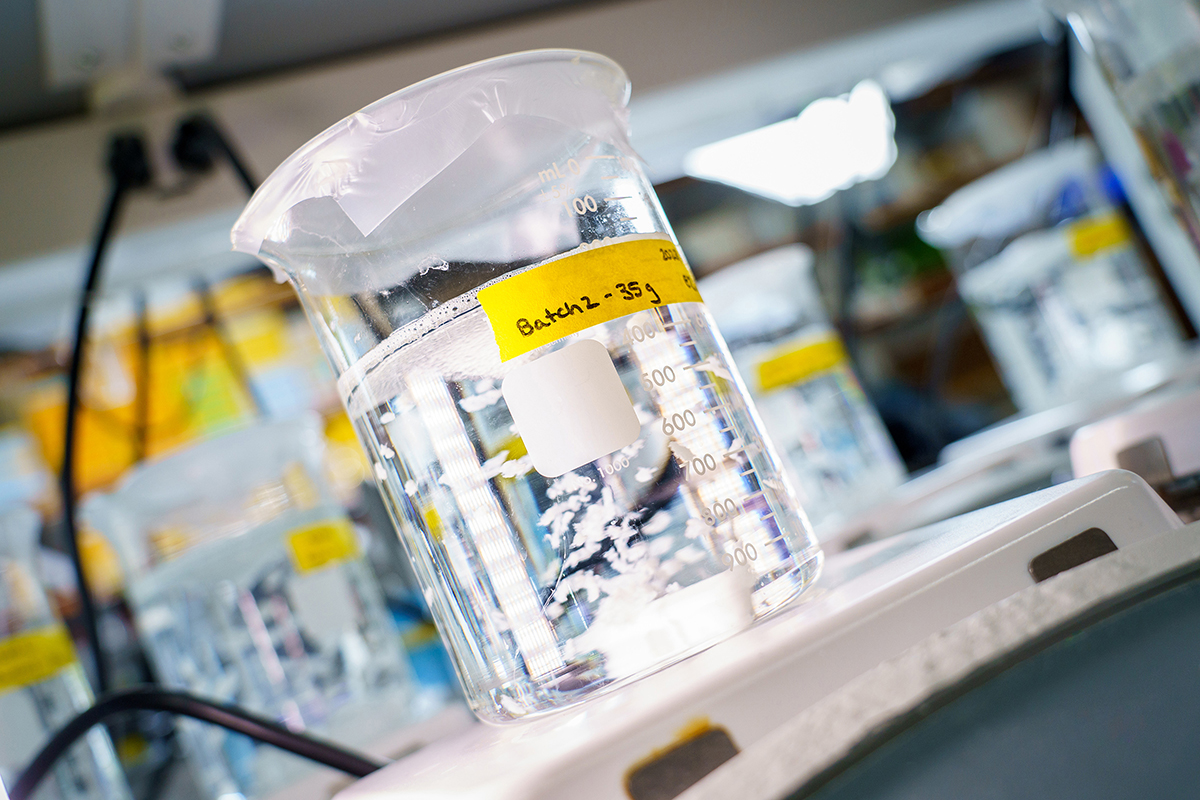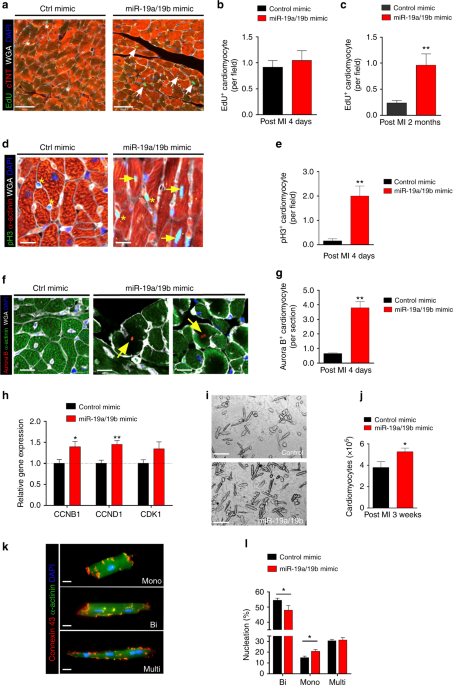
New Cleveland Clinic research showed that erythritol, a popular artificial sweetener, is associated with an increased risk of heart attack and stroke. Findings were published today in Nature Medicine.
Researchers studied more than 4,000 people in the U.S. and Europe and found those with higher blood erythritol levels were at elevated risk of experiencing a major adverse cardiac event such as heart attack, stroke or death. They also examined the effects of adding erythritol to either whole blood or isolated platelets. Results revealed that erythritol made platelets easier to activate and form a clot. Pre-clinical studies confirmed ingestion of erythritol heightened clot formation.
“Sweeteners like erythritol, have rapidly increased in popularity in recent years but there needs to...
Read More









Recent Comments